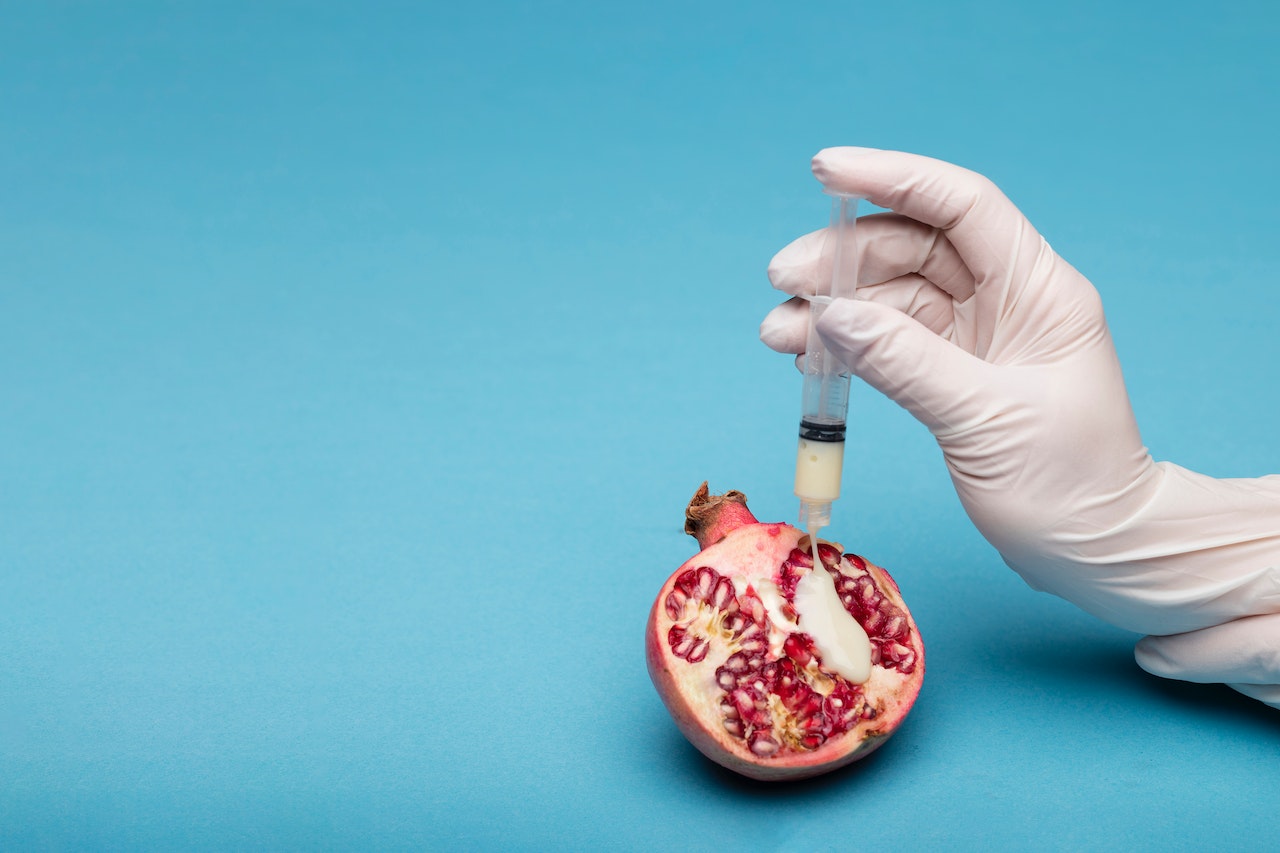
What is Surrogacy?
Surrogacy is a form of assisted reproductive technology (ART). ART involves eggs being fertilized with sperm outside the body and then placed in an egg donor’s uterus or a mother’s womb to create embryos which are later transferred to another woman to conceive and give birth to a child. The Great Beginnings Surrogacy services involve the person who provides their genetic material (father and mother) and the surrogate mother who carries the resulting child. The latter is known as the gestational carrier or egg donor.
Types of surrogacy services
Gestational surrogacy (G-S)
In gestational surrogacy, embryos created by in vitro fertilization (IVF) are transferred to an egg donor or an egg donation agency that provides a woman who agrees to carry twins for you when they are born. Your genetic identity remains intact during this process, and you remain involved in every step, from IVF treatments and embryo transfers to your baby’s birth and beyond.
Traditional surrogacy
Traditional surrogacy is the most common type of surrogacy. In traditional surrogacy, sperm from the intended father has inseminated artificially into the surrogate mother. They will then carry the baby to term and surrender it to the couple upon giving birth. In this case, the surrogate mother is indeed the child’s biological mother since their egg was fertilized. A father’s or a donor’s sperm is used in such a scenario.
Scenarios when surrogacy is considered
Medical issues
A medical issue with the womb is a reason enough to consider surrogacy. Women have had difficulty conceiving due to medical issues, such as endometriosis, fibroids, and polyps, but they have overcome these issues and become pregnant. In cases where the womb is not functioning properly, surrogacy is an option for women who want to experience a childbearing experience without facing the risks of invasive surgery or infertility treatments that could create more health problems for themselves and their children.
Infertility treatment issues
Infertility issues may make surrogacy more appealing for some couples as it would allow them to become pregnant without going through in-vitro fertilization (IVF). IVF involves multiple steps that require medications that are not always safe for the baby or mother during pregnancy. Surrogacy could work better because there will not be any medications involved during pregnancy, which could potentially cause harm to either the mother or baby during pregnancy.
Hysterectomy
A hysterectomy is the partial or complete removal of the uterus, which is done for various reasons, including cancer or fibroids. The uterus is an organ that connects the ovaries to the vagina and plays an integral role in pregnancy.
Age
If you are older than 45, it is best to use a surrogate. The chances of having a successful pregnancy and delivery are higher, but there is also the risk of complications like gestational diabetes and hypertension.
Surrogacy is when a woman is asked to carry another person’s child to help that person achieve parenthood. The surrogate mother and the intended parent have entered into a contract, known as a surrogacy agreement, which outlines their rights and responsibilities regarding the pregnancy and birth of their child. When you have decided to go through surrogacy, it is crucial that you understand all your options before making any decisions. If you would like to know more about surrogacy, contact Great Beginnings Surrogacy @ Gen 5.



